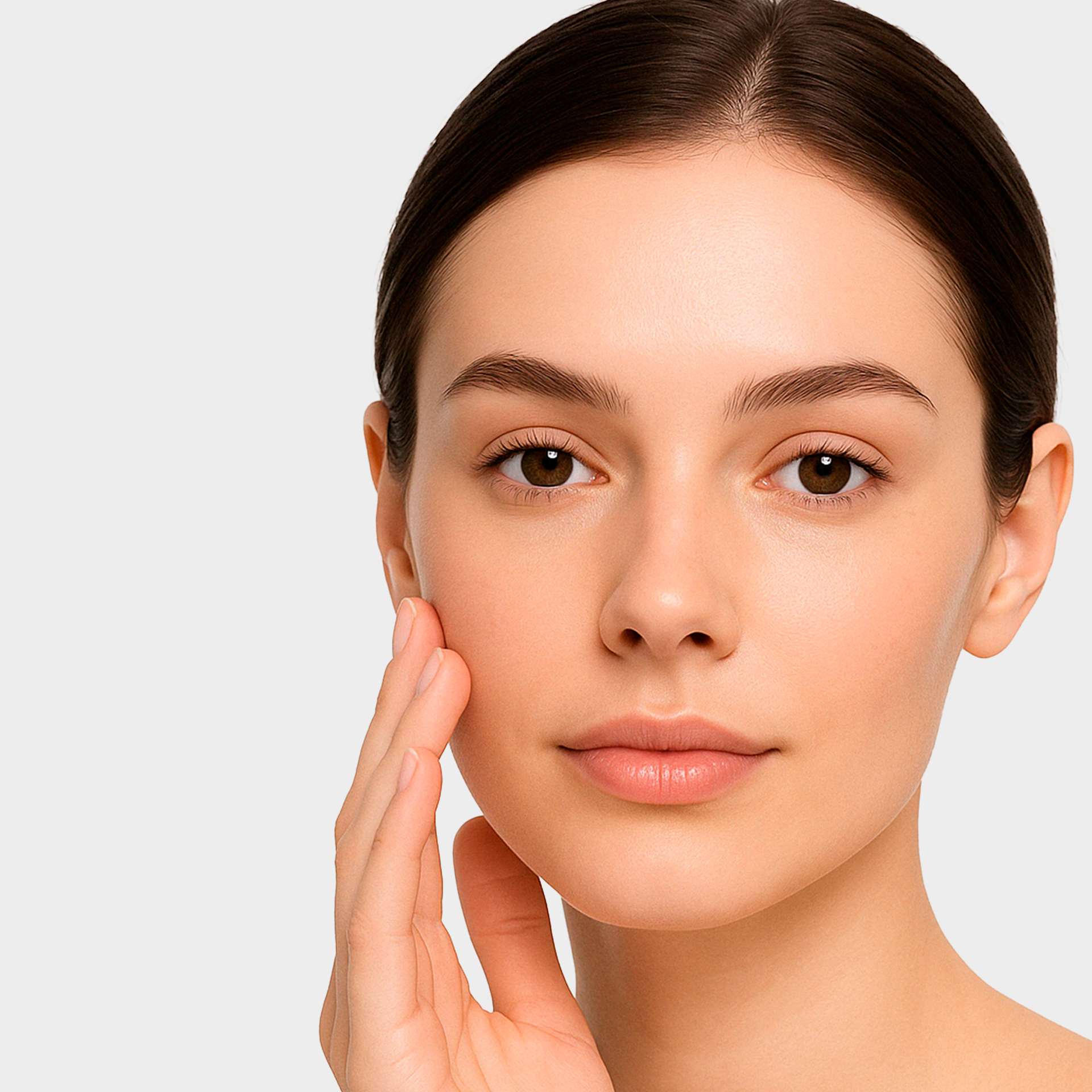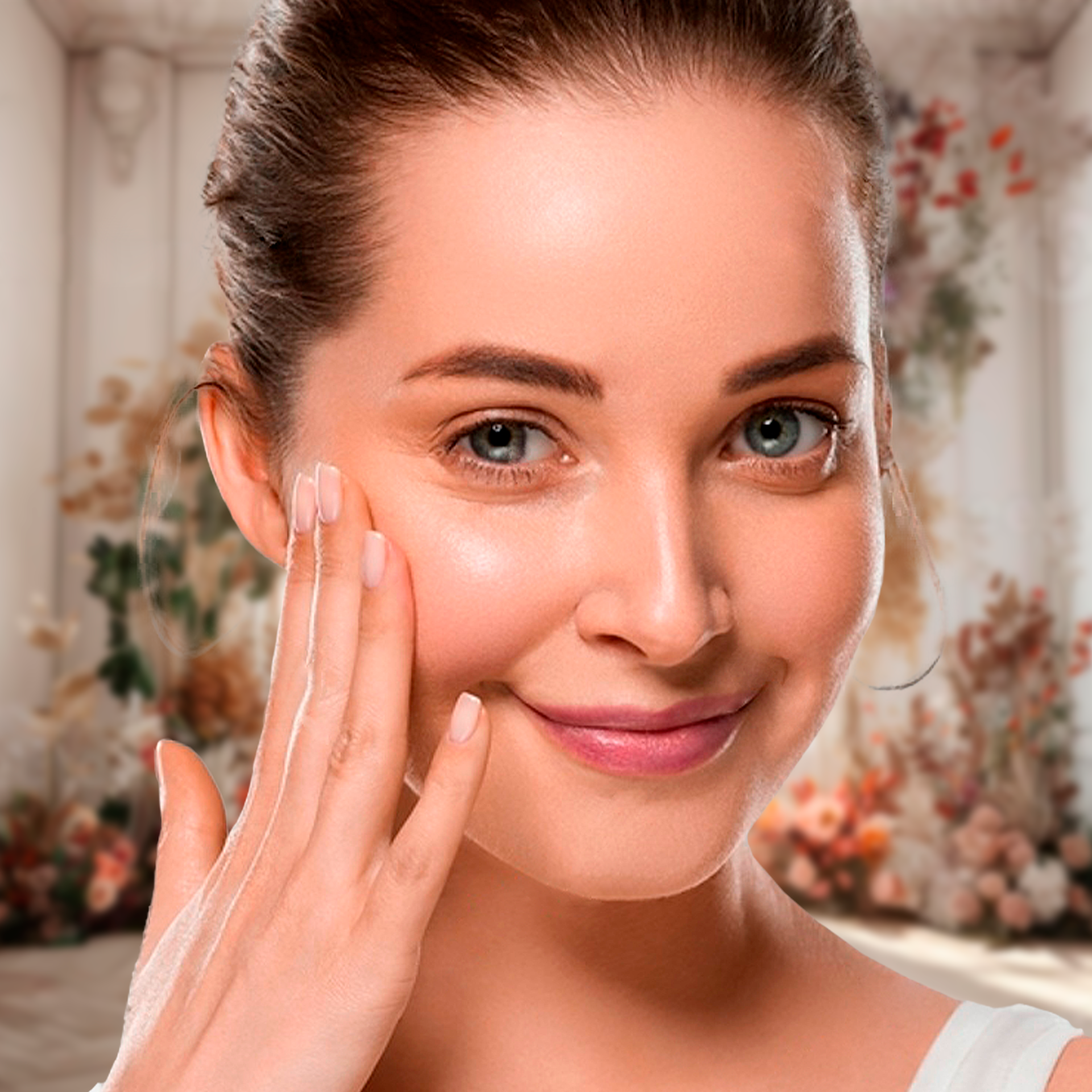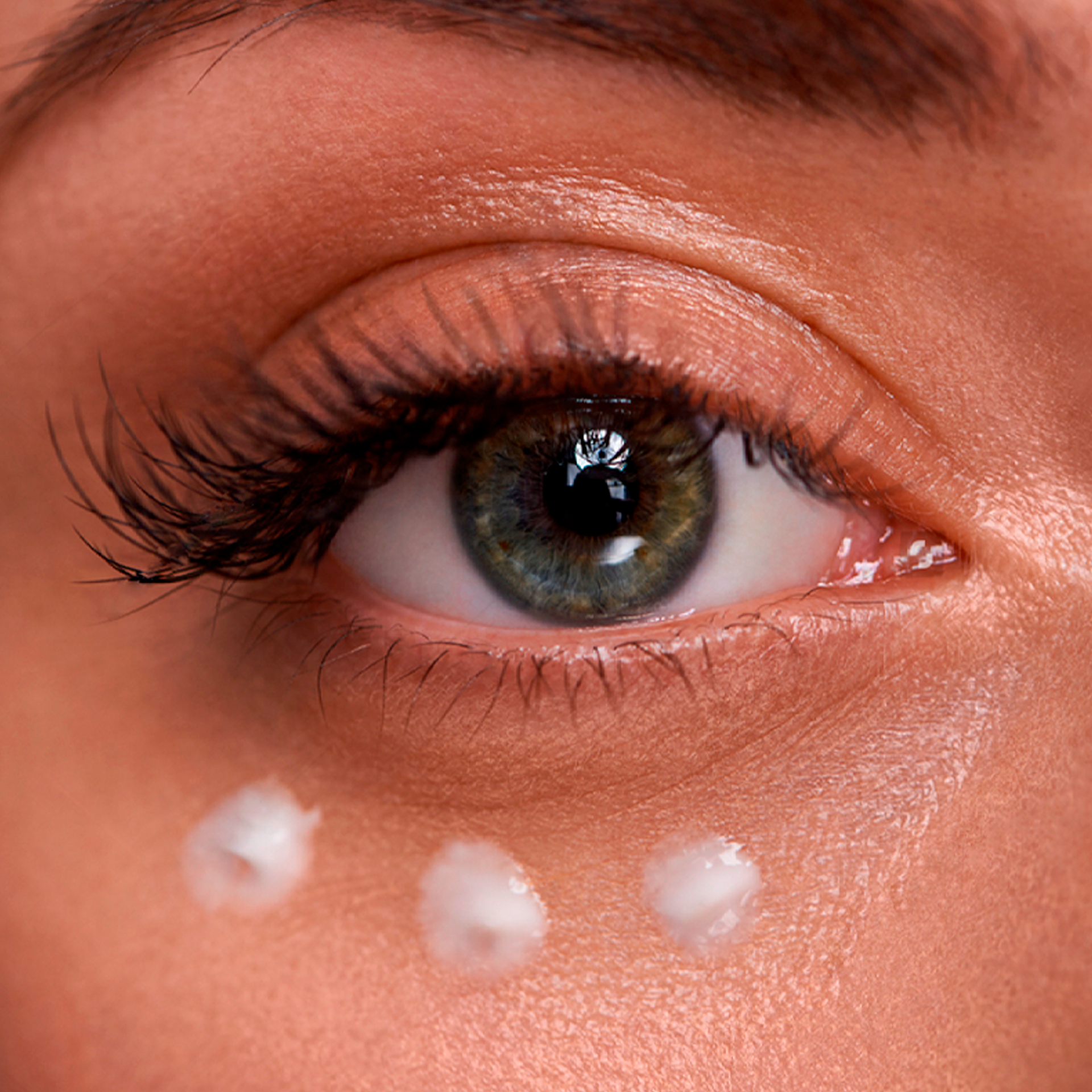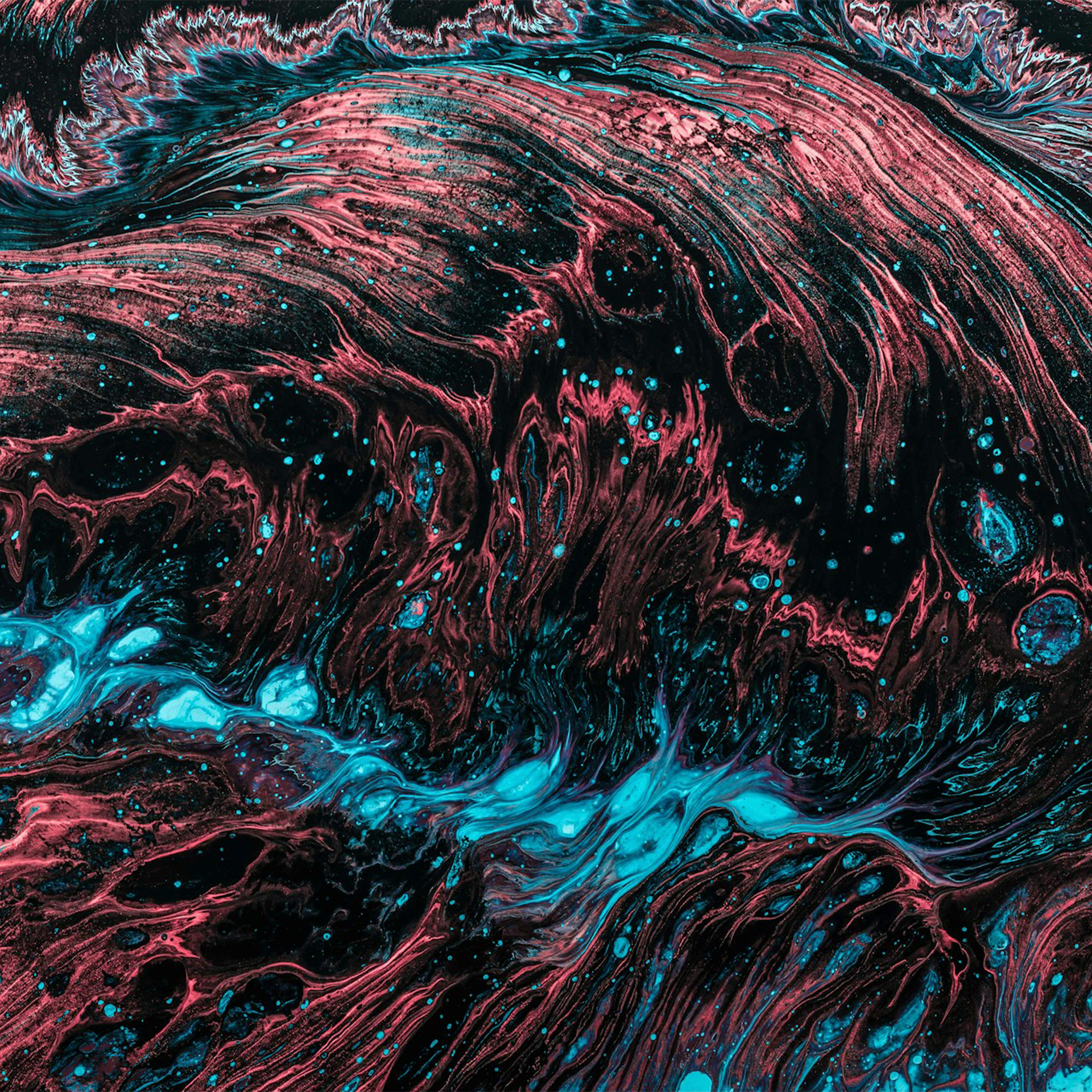Are chemical peels safe to use in the summer? Myths surrounding this popular treatment often discourage their use during warmer months. In this post, we separate fact from fiction and explain how to safely incorporate chemical peels into your summer skincare routine.
Table of Contents
- Introduction to Chemical Peels
- Myth 1: "You Can’t Do Chemical Peels in Summer"
- Myth 2: "Peels Always Cause Skin Damage in the Sun"
- Myth 3: "Peels Will Make Your Skin More Sensitive Forever"
- Facts: How to Safely Use Peels in Summer
- Final Thoughts
- Sources
Introduction to Chemical Peels
Chemical peels are a transformative skincare treatment that uses exfoliating acids to improve skin texture, tone, and clarity. They are effective for treating acne, pigmentation, fine lines, and dull skin. However, concerns about sun exposure have led to several misconceptions about the use of chemical peels in summer. Let’s debunk these myths!
Myth 1: "You Can’t Do Chemical Peels in Summer"
Reality: While it’s true that chemical peels can make the skin more sensitive to sunlight, this doesn’t mean they’re off-limits in summer. With proper precautions, such as wearing sunscreen and avoiding direct sunlight, you can safely enjoy the benefits of peels year-round.
Myth 2: "Peels Always Cause Skin Damage in the Sun"
Achieving a healthy tan without damaging your skin is possible with the right precautions. By using sunscreen, tanning gradually, staying hydrated, and considering sunless tanners, you can enjoy a beautiful glow while keeping your skin protected. Remember, the key to a lasting, healthy tan is to prioritize your skin’s well-being.
Myth 3: "Peels Will Make Your Skin More Sensitive Forever"
Reality: The increased sensitivity caused by peels is temporary and generally lasts only during the recovery period. Once the skin has healed, it will return to its normal state, often stronger and healthier due to increased collagen production and cell turnover.
Facts: How to Safely Use Peels in Summer
-
Opt for Gentle Peels
In summer, consider mild peels like mandelic acid or lactic acid, which are less likely to cause sensitivity. These peels exfoliate effectively while being gentle on the skin.
-
Schedule Treatments Strategically
Plan your chemical peel treatments during weeks when you’re not exposed to prolonged outdoor activities. This reduces the risk of UV damage while your skin is healing.
-
Post-Treatment Care Is Non-Negotiable
Hydration, sunscreen, and avoiding harsh skincare products are essential after a peel. Products with hyaluronic acid or soothing ingredients like aloe vera help accelerate healing.
-
Emphasise Sun Protection
Use hats, sunglasses, and physical sunscreens with zinc oxide or titanium dioxide for optimal protection. A combination of physical barriers and SPF ensures your skin remains safe.
Facts: How to Safely Use Peels in Summer
Chemical peels can be a summer-friendly treatment when performed with the right precautions. By understanding the myths and facts, you can make informed decisions and enjoy the benefits of chemical peels year-round. Always consult a skincare professional to select the peel that best suits your skin’s needs during the warmer months.
For professional-grade peel solutions, md:ceuticals offers a range of advanced formulations that provide effective exfoliation while minimising the risk of irritation. Explore the options designed to suit your summer skincare routine.
Sources
-
American Academy of Dermatology Association. Chemical Peels: What to Expect. Retrieved from: https://www.aad.org/public/cosmetic/skin-treatments/chemical-peel
-
British Association of Dermatologists. Advice for Summer Skincare. Retrieved from: https://www.bad.org.uk/patient-information-leaflets/sun-advice
-
Lee, H. S., & Kim, I. H. (2003). Mandelic acid treatment improves acne and post-inflammatory hyperpigmentation. Dermatologic Surgery, 29(6), 535–539. doi:10.1046/j.1524-4725.2003.29121.x
-
Soleymani, T., Lanoue, J., & Rahman, Z. (2018). A Practical Approach to Chemical Peels: A Review of Fundamentals and Step-by-Step Algorithmic Protocols for Treatment. Journal of Clinical and Aesthetic Dermatology, 11(8), 21–28. https://www.ncbi.nlm.nih.gov/pmc/articles/PMC6147816/
-
md:ceuticals Official Website. Professional Peeling Solutions. Retrieved from: https://www.mdceuticals.com






















































